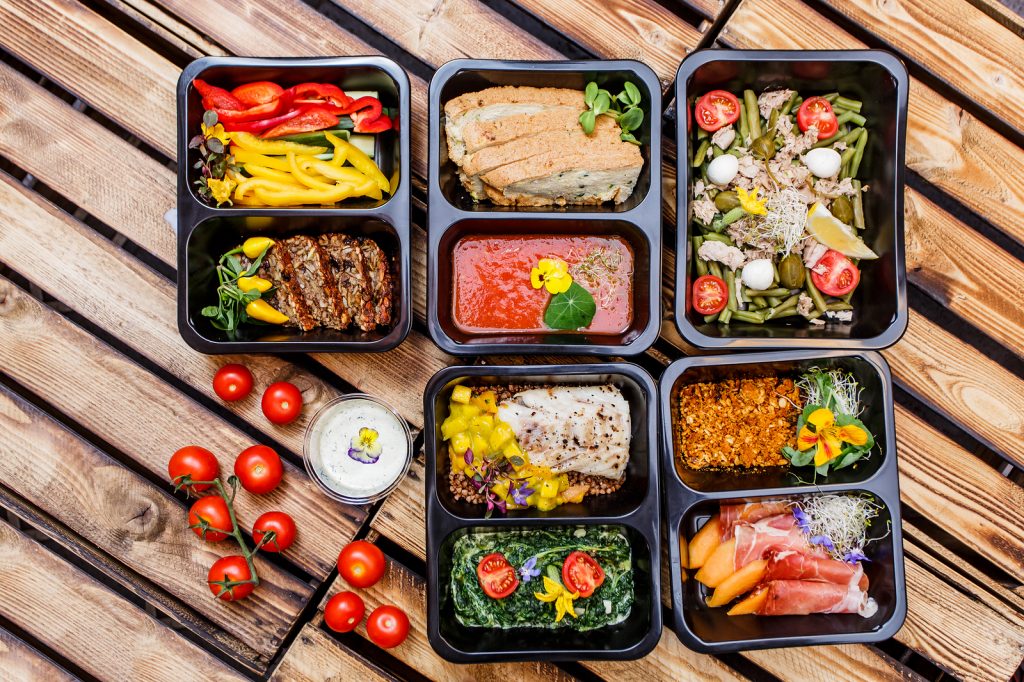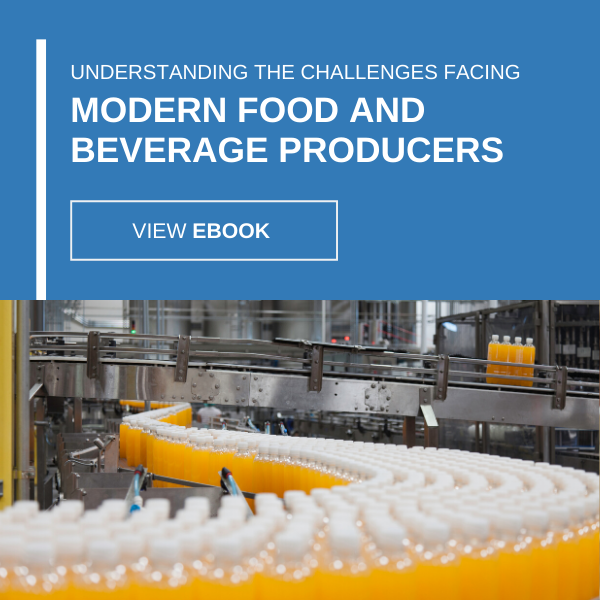-
Subscribe to Blog:
SEARCH THE BLOG
CATEGORIES
- Aerospace
- Asset Maintenance
- Automotive
- Blog
- Building Products
- Case Studies
- Chemical Processing
- Consulting
- Food & Beverage
- Forestry Products
- Hospitals & Healthcare
- Knowledge Transfer
- Lean Manufacturing
- Life Sciences
- Logistics
- Manufacturing
- Material Utilization
- Metals
- Mining
- News
- Office Politics
- Oil & Gas
- Plastics
- Private Equity
- Process Improvement
- Project Management
- Spend Management
- Supply Chain
- Uncategorized
- Utilities
- Whitepapers
BLOG ARCHIVES
- September 2025 (1)
- August 2025 (2)
- July 2025 (2)
- June 2025 (4)
- May 2025 (1)
- April 2025 (1)
- March 2025 (1)
- February 2025 (4)
- January 2025 (4)
- December 2024 (4)
- November 2024 (2)
- October 2024 (6)
- September 2024 (5)
- August 2024 (5)
- July 2024 (6)
- June 2024 (3)
- May 2024 (3)
- April 2024 (4)
- March 2024 (3)
- February 2024 (4)
- January 2024 (5)
- December 2023 (2)
- November 2023 (1)
- October 2023 (6)
- September 2023 (3)
- August 2023 (4)
- July 2023 (2)
- June 2023 (3)
- May 2023 (7)
- April 2023 (3)
- March 2023 (3)
- February 2023 (5)
- January 2023 (6)
- December 2022 (2)
- November 2022 (5)
- October 2022 (5)
- September 2022 (5)
- August 2022 (6)
- July 2022 (3)
- June 2022 (4)
- May 2022 (5)
- April 2022 (3)
- March 2022 (5)
- February 2022 (4)
- January 2022 (7)
- December 2021 (3)
- November 2021 (5)
- October 2021 (3)
- September 2021 (2)
- August 2021 (6)
- July 2021 (2)
- June 2021 (10)
- May 2021 (4)
- April 2021 (5)
- March 2021 (5)
- February 2021 (3)
- January 2021 (4)
- December 2020 (3)
- November 2020 (3)
- October 2020 (3)
- September 2020 (3)
- August 2020 (4)
- July 2020 (3)
- June 2020 (5)
- May 2020 (3)
- April 2020 (3)
- March 2020 (4)
- February 2020 (4)
- January 2020 (4)
- December 2019 (3)
- November 2019 (2)
- October 2019 (4)
- September 2019 (2)
- August 2019 (4)
- July 2019 (3)
- June 2019 (4)
- May 2019 (2)
- April 2019 (4)
- March 2019 (4)
- February 2019 (5)
- January 2019 (5)
- December 2018 (2)
- November 2018 (2)
- October 2018 (5)
- September 2018 (4)
- August 2018 (3)
- July 2018 (2)
- June 2018 (4)
- May 2018 (3)
- April 2018 (3)
- March 2018 (2)
- February 2018 (2)
- January 2018 (1)
- December 2017 (1)
- November 2017 (2)
- October 2017 (2)
- September 2017 (1)
- August 2017 (2)
- July 2017 (2)
- June 2017 (1)
- April 2017 (3)
- March 2017 (3)
- February 2017 (2)
- January 2017 (2)
- December 2016 (2)
- November 2016 (4)
- October 2016 (4)
- September 2016 (3)
- August 2016 (6)
- July 2016 (4)
- June 2016 (4)
- May 2016 (1)
- April 2016 (3)
- March 2016 (4)
- February 2016 (2)
- January 2016 (4)
- December 2015 (3)
- November 2015 (3)
- October 2015 (1)
- September 2015 (1)
- August 2015 (4)
- July 2015 (6)
- June 2015 (4)
- May 2015 (7)
- April 2015 (6)
- March 2015 (6)
- February 2015 (4)
- January 2015 (3)
CONNECT WITH US
Tag Archives: Food Regulations
The food and beverage industry is vast, with both online and offline supply chains. This industry includes companies that work in processing raw food materials, those involved in packaging and distributing prepared foods, organizations that manufacture and distribute alcoholic and non-alcoholic beverages, restaurants and cafes, and general retailers — amongst many others.
Apart from dine-in restaurants and bars, a lot of food-related businesses are categorized as essential services, which means that they have to keep running even during a global pandemic such as the one we face today. However, to do so effectively, stringent safety measures must be followed, thereby limiting the exposure of customers and employees at all stages of production, distribution, and consumption.
Present Conditions in the Food and Beverage Sector
With the COVID-19 outbreak, most restaurants and cafes across the world are shut down. Small eateries and local diners are struggling to stay economically afloat in these tough times. To put things in perspective, recent statistics released by the Bureau of Labor Statistics found that “Employment in leisure and hospitality fell by 459,000, mainly in food services and drinking places.” At the same time, both grocery stores and food manufacturing companies like Coca-Cola, Dominos, and McDonald’s are facing disruptions in their supply chains, resulting in delays in the supply of raw materials. This is especially true for organizations that have suppliers in China.
On the other hand, online food sales and related-services are still up and running, in an ever-increased capacity. Due to this, large corporations that provide food delivery services like Amazon, Walmart, and Kroger are expected to reap huge profits. In fact, this article by S&PGlobal estimates that online buying of food and beverages in the US is expected to reach $38.16 billion by 2023! These trends are seen in other parts of the world, too. For instance, in February, South Korea saw an increase of 92.5% in the online sale of food products. This was the month in which COVID-19 infections were at their peak in the country. Similarly, there is a surge in online buying of non-perishable food items in Singapore — one that is expected to last even after the pandemic subsides.
These uncertain and ever-changing conditions have forced restaurant owners to get creative in order to stay afloat. In addition to options such as deliveries and takeouts, restaurants are turning their dining halls into grocery stores, steakhouses are being turned into butcher shops, and many fancy restaurants are hosting online cocktail-making tutorials.

Government Regulations and Legal Requirements
Price gouging is a common feature during emergency situations such as a global pandemic. Price gouging involves charging inordinate prices for necessities that see a high demand during such times. Most state and federal governments have declared this illegal and have implemented policies to protect customers and small retailers. State laws against price gouging also make provisions to ensure that consumers’ and suppliers’ needs are met.
Food and beverage businesses should also consider asking for subsidies to keep up the supply of essentials during a pandemic. For instance, the flour industry in Pakistan has requested the government to cut taxes or issue subsidies for items required to run the mills.
Businesses in the food and beverage sector need to be aware of the new local and federal requirements to protect themselves from litigation charges and/or bankruptcy. Gloves.com provides guidance procedures to help protect you and your employees and maintain a healthy and safe work environment. In order to ensure maximum safety, employees must be asked about their health before each shift, and all protocols regarding food handling and food safety must be strictly followed. Other important safety measures include maintaining safe distance at takeaways, non-contact delivery of eatables, and covering employment claims.
Tips to Adapt
Food manufacturers need to adapt to the current situation and meet new patterns of demand. Tips to do so include:
- Risk awareness: Grocery stores are places of high risk, yet, frequenting them is necessary. It is thus important to make customers aware of the potential risks of shopping at stores, as well as demonstrate what is being done to combat these risks. This is essential to retain customer trust, as well as reduce the spread of panic.
- Clear and constant communication: Organizations in the food and beverage sector should keep all involved employees up-to-date about operational challenges as a result of COVID-19. Doing so helps manage employee expectations, and being in-the-know helps employees retain some peace-of-mind through this uncertain time. Even though workers cannot interact face-to-face, staying abreast of organizational activities helps employees feel involved and is likely to boost morale.
- Stringent in-store sanitation policies: This goes without saying, but any in-person food and beverage related business must implement strict sanitation measures. Grocery stores are one of the most common places one can get sick, even during normal non-pandemic times. With this in mind, all in-store workers must be encouraged to wash or sanitize their hands frequently and refrain from touching their face during work hours. They can also wear latex gloves to decrease the chances of contagion. Shelves, knobs, switches, handles, refrigerator doors, computer hardware, and countertops must be regularly disinfected. The various parts of shopping carts can also contain germs passed from one customer to another and must be disinfected after each use. To ensure this is done, grocery stores can provide out anti-bacterial wipes to wipe down carts before customers use them and instruct them to maintain a safe distance from the checkout counters.
There is much uncertainty with regards to the food and beverage industry in the time of COVID-19. One thing, however, is for sure: there is a strong need to meet consumers’ demand for quality and convenience. With a global crisis that is wreaking havoc in many countries, consumers are increasingly cautious about the quality of their food. Food manufacturers and organizations involved in retail and supply are thus obliged to adhere to sanitary measures to protect customers and employees, and at the same time invent creative ways to stay in business.
As the food and beverage sector evolves everyday to the changing demands, having a partner to adapt processes in operations and the supply chain could be the difference in survival or demise. USC Consulting Group can assist in enabling rapid acceleration of performance to meet demand. Learn more about USC’s capabilities in the eBook: Understanding the Challenges Facing Modern Food & Beverage Producers.
This article is written by guest author Beau Peters. View more of Beau’s articles here.





